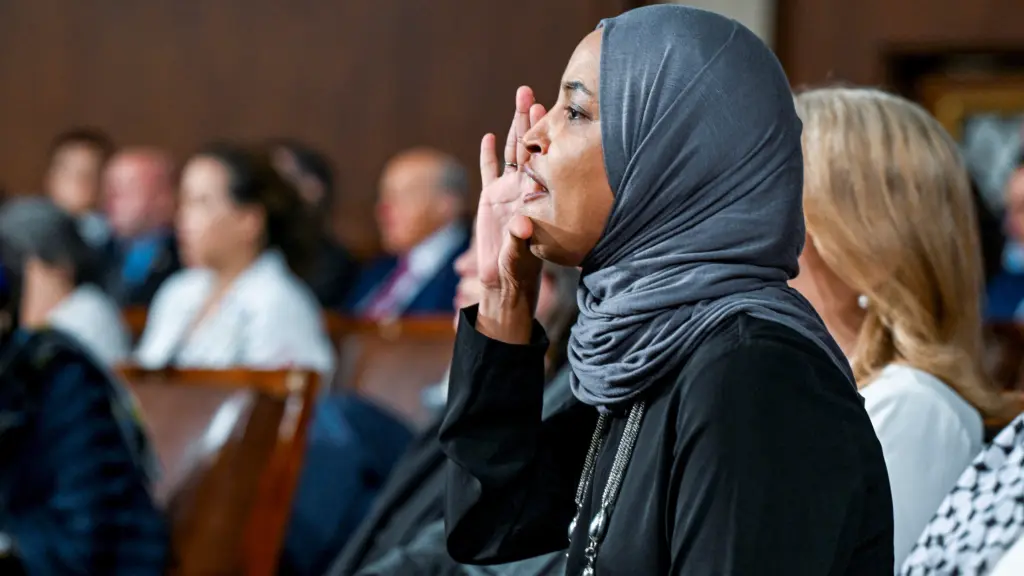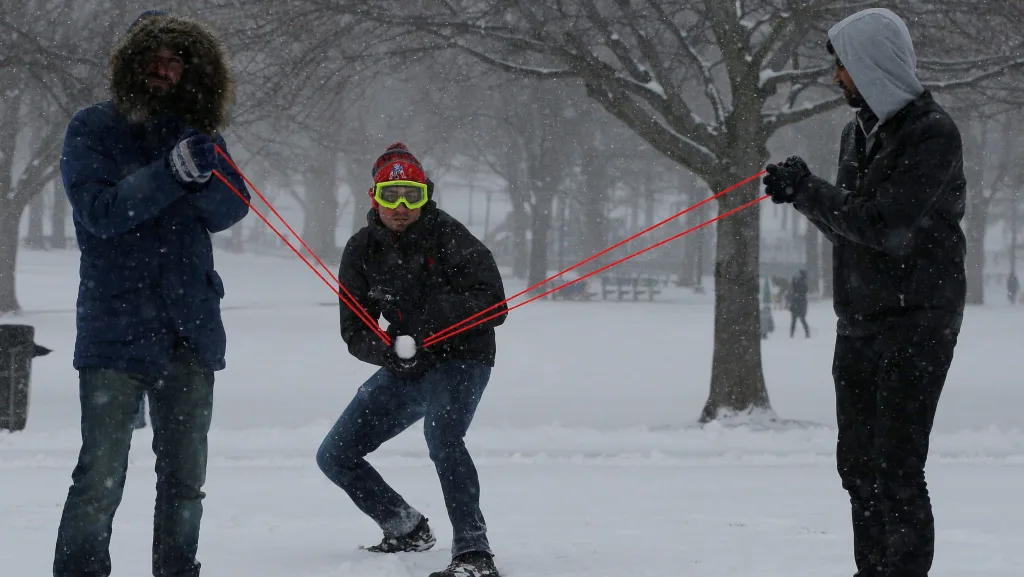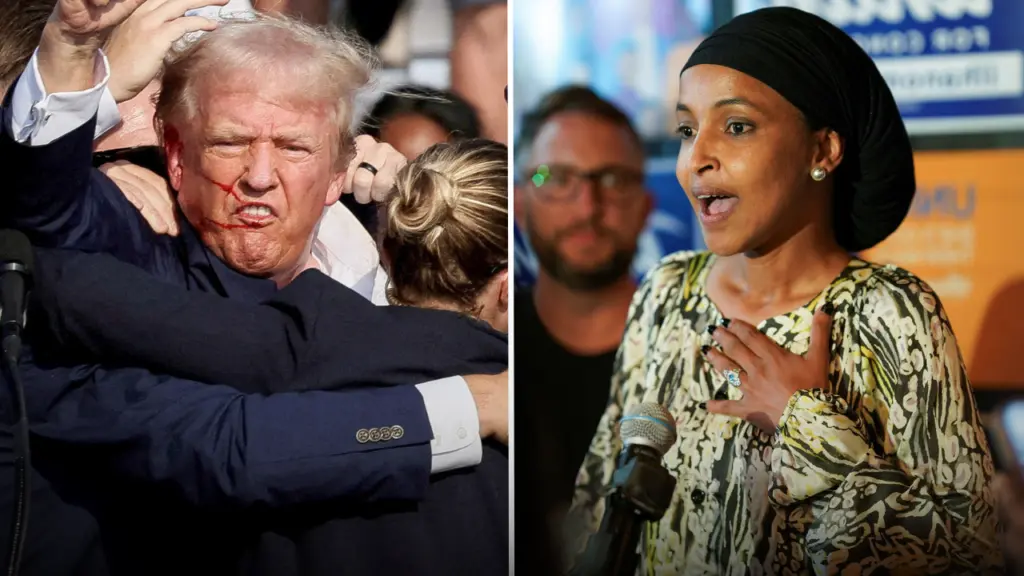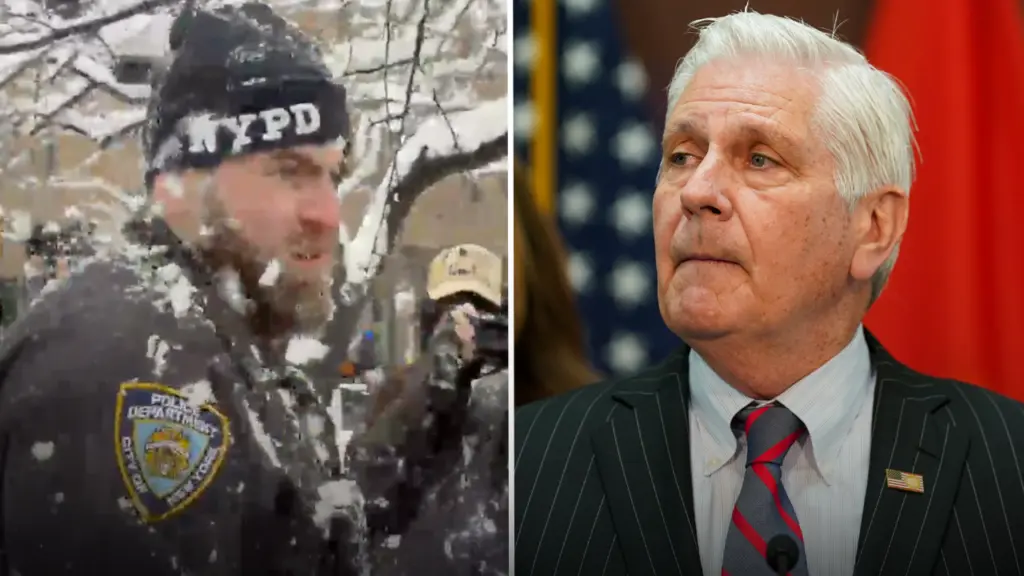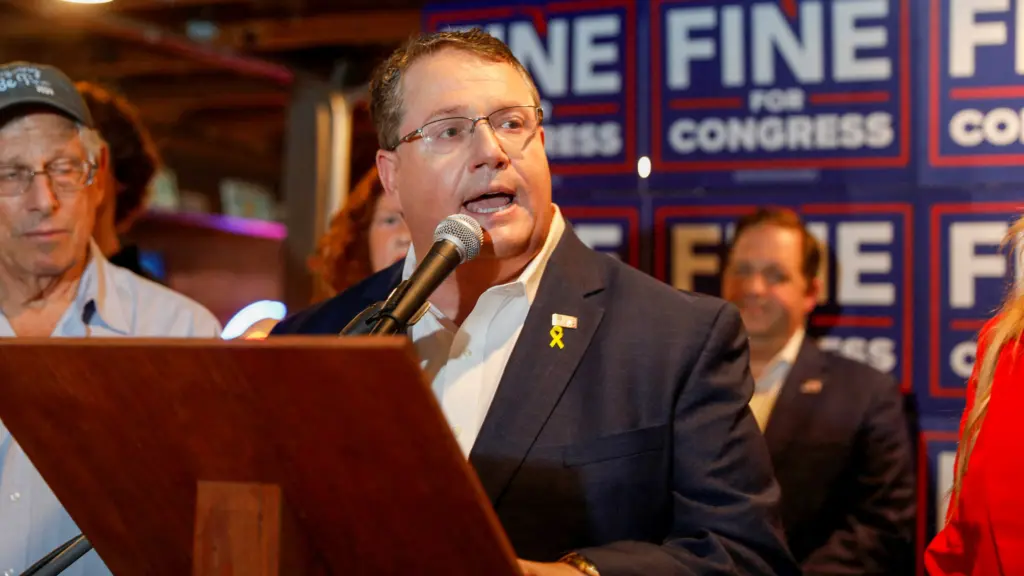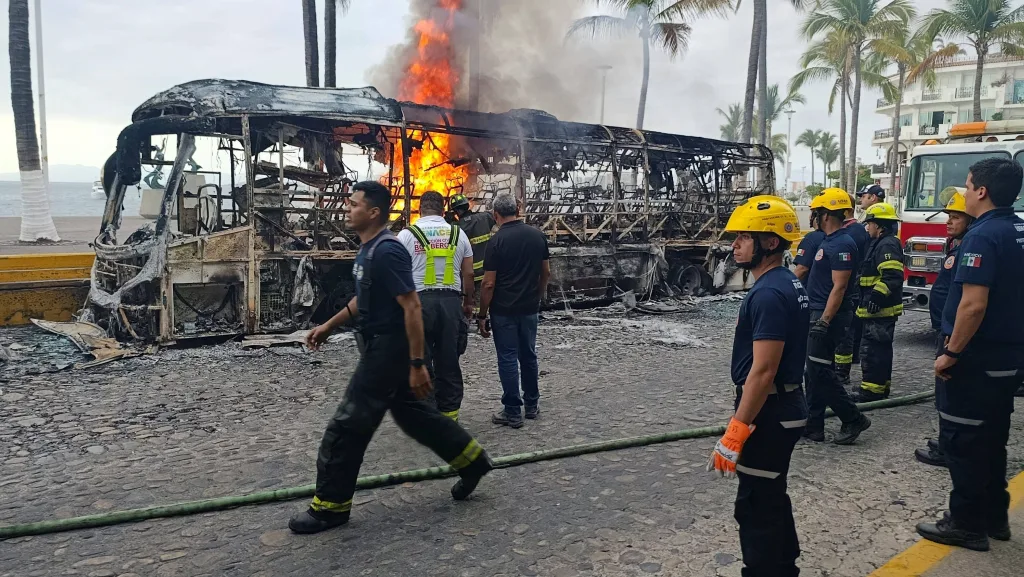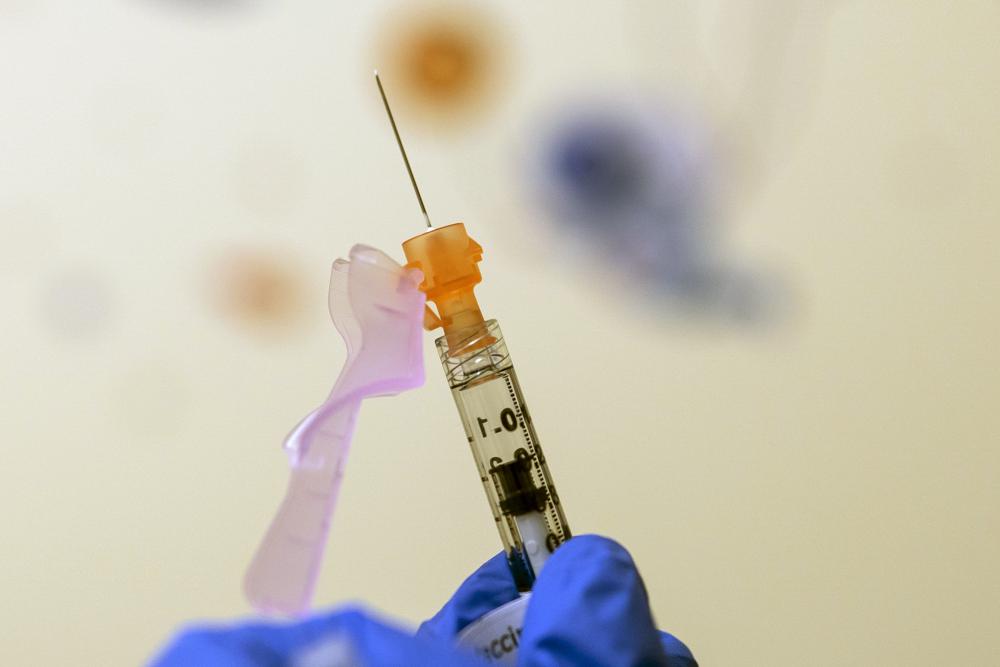
COVID-SHOT
WASHINGTON (AP) — Pfizer on Tuesday asked the U.S. to authorize extra-low doses of its COVID-19 vaccine for children under 5, potentially opening the way for the very youngest Americans to start receiving shots as early as March.
In an extraordinary move, the Food and Drug Administration had urged Pfizer and its partner BioNTech to apply earlier than the companies had planned.
The nation’s 19 million children under 5 are the only group not yet eligible for a vaccination against the coronavirus. Many parents have been pushing for an expansion of shots to toddlers and preschoolers, especially as the omicron wave sent record numbers of youngsters to the hospital.
“I would say the parents in my office are desperate” to get their youngest kids vaccinated, said Dr. Dyan Hes, who runs a pediatrics practice in New York City where vaccination rates are high. For many, “that’s the first thing they ask when they walk through the door: ‘When do you think the shot is going to come out?’”
If the FDA agrees, Pfizer shots containing one-tenth of the dose given to adults could be dispensed to children as young as 6 months. Pfizer said Tuesday it had started submitting its data to the FDA and expects to complete the process in a few days.
An open question is how many shots those youngsters will need. Two of the extra-low doses turned out to be strong enough for babies but not for preschoolers in early testing. Pfizer is testing three shots, and the final data is expected in late March.
That means the FDA may consider whether to authorize two shots for now, with potentially a third shot being cleared later if the study supports it.
The FDA said Tuesday it will convene a panel of independent researchers and physicians in mid-February to help review the Pfizer data. The agency isn’t required to follow their advice, but their input is a key step in publicly vetting vaccine safety and effectiveness.
The question of how long to wait for new vaccine data — and how much to require — is a concern for FDA regulators, who face pressure to be more proactive against a virus that has repeatedly confounded health experts.







